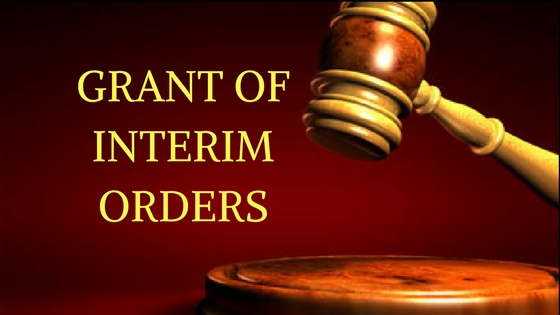Aapka Consultant Judgment Series- In this series, we are providing case analysis of Landmark Judgments of Hon’ble Supreme Court of India.
Assistant Collector of Central Excise, Chandan Nagar, West Bengal vs. Dunlop India Ltd. and Ors.
AIR1985 SC 330, 1984 (2) SCALE 819, (1985) 1 SCC 260, [1985] 2 SCR 190
Hon’ble Judges/ Coram: O. Chinnappa Reddy, JJ., A.N. Sen, E.S. Venkataramiah.
Date of Decision: 30.11.1984
FACTS: –
The respondent, Dunlop India Limited is a manufacturer of tyres, tubes and various other rubber products. By a notification dated April 6, 1984 issued by the Government of India, tyres, falling under Item No. 16 of the First Schedule to the Central Excise and Salt Act, 1944, were exempt from a certain percentage of excise duty to the extent that the manufacturers had not availed themselves of the exemption granted under certain other earlier notifications. The Department was of the view that the Company was not entitled to the exemption as it has cleared the goods earlier without paying central excise duty, but on furnishing Bank Guarantees under various interim orders of courts. The Company claimed the benefit of the exemption to the tune of Rs. 6,05 crore and filed a writ petition in the Calcutta High Court and sought an interim order restraining the central excise authorities from the levy and collection of excise duty. The single judge bench and division bench of the Calcutta High Court ruled in favor of the respondent company. Therefore, the Assistant Collector of Central Excise has preferred this appeal by special leave.
ISSUE: –
Whether Interim Orders should be granted or not and in which condition, it should be granted?
JUDGMENT: –
The practice of granting interim order which practically give the principal relief sought in the petition for no better reason than that a prima facie case has been made out, without being concerned about the balance of convenience, the public interest and a host of other relevant considerations is deprecated and highly detrimental. All this is not to say that interim orders may never be made against public authorities. There are of course, cases which demand that interim orders should be made in the interests of justice. Where gross violations of the law and injustices are perpetrated or are about to he perpetrated. It is the bounden duly of the court to intervene and give appropriate interim relief. In cases where denial of interim relief may lead to public mischief, grave irreparable private injury or shake a citizen’s faith in the impartiality of public administration, a Court may well be justified in granting interim relief against public authority. But since the law presumes that public authorities function properly and bona fide with due regard to the public interest, a court must be circumspect in granting interim orders of far reaching dimensions or orders causing administrative, burdensome inconvenience or orders preventing collection of public revenue for no better reason than that the parties have come to the Court alleging prejudice, inconvenience or harm and that a prima facie case has been shown. There can be and there are no harm and fast rules. But prudence, discretion and circumspection are called for.
HELD: –
Where matters of public revenue are concerned, it is of utmost importance to realize that interim orders ought not to be granted merely because a prima facie case has been shown. More is required. The balance of convenience must be clearly in favour of the making of an interim order and there should not be the slightest indication of a likelihood of prejudice to the public interest.
To Get Legal Opinion from Advocates/ Legal Experts, Please click here
To Get Legal Opinion from Retired Hon’ble Judges, Please click here












